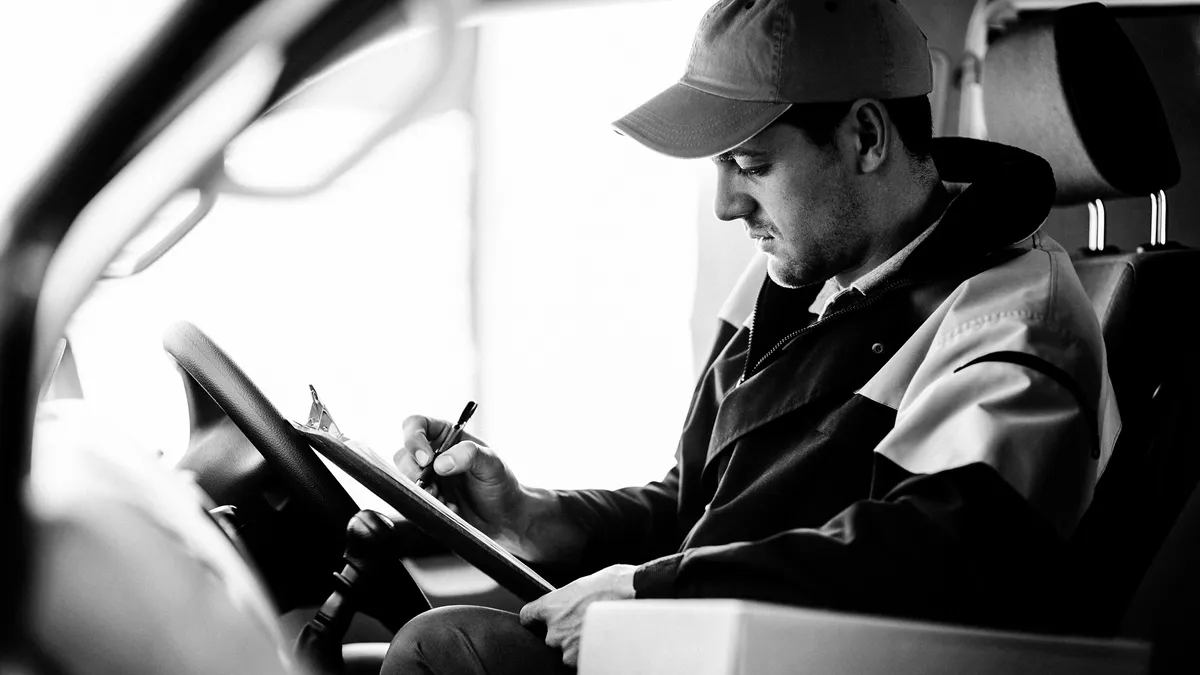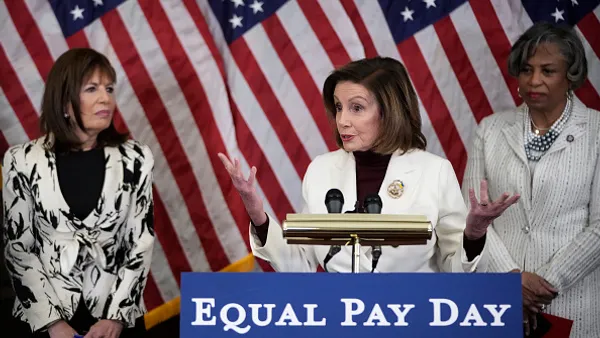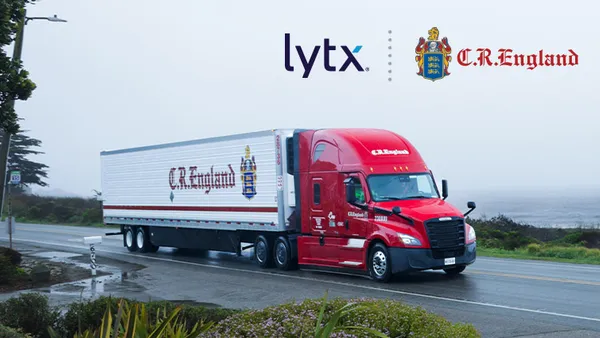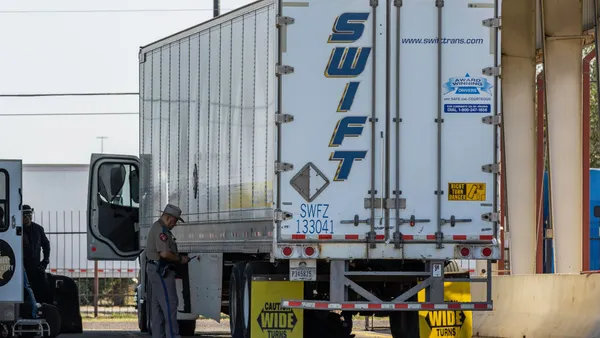The lifeblood of the economy.
The heroes on the front lines.
The backbone of America.
If there's one razor-thin silver lining to the COVID-19 pandemic, it's that truck drivers are getting the appreciation they deserve from the public.
The #thankatrucker hashtag has circulated on social media platforms for the last few weeks as consumers recognize the vital role transport and supply chains play in a crisis.
The news media has featured stories on a day in the life of a trucker, highlighting the import role drivers play in restocking everything from critical pharmaceuticals to consumers' newest obsession: toilet paper.
Truck driver appreciation "always helps, but it’s a short term thanks," Jon Coca, president of Diamond Transportation System, told me. "It's like they go, 'Thanked the truckers — check.' Then it’s on to the next story."
The fleeting nature of driver appreciation means it's even more important for the people who deal firsthand with drivers to do everything in their power to keep them safe.
"Trucking executives are no different than any other executive, when it comes to this pandemic. We need to do all that we can to protect our employees, just like we would our families," Coca said.
"While the rest of us avoid contact, they drive towards it."

Doug Marcello
Attorney, Marcello & Kivisto
Transport companies are showing this protection in a few ways. Most are taking extra precautions to sanitize cabs and keep drivers informed of the latest news and regulations. Some are shelling out bonuses. Others are guaranteeing paid leave for workers who must quarantine.
Logistics company Patriot Star is making sure it doesn't dispatch drivers for more than a few days at a time, to ensure truckers don't get stuck in a situation where a state governor orders a stay-at-home order and the receiver closes before the truck and load can arrive.
Another strategy: frequent communication with receiving shippers to avoid the usual headaches of detention and layover, but also to institute a back-up plan for load drop-off if needed.
Loading dock bottlenecks are frequent in the time of coronavirus — and any effort on the part of carriers or shippers to smooth them out would help drivers during this challenging time.
"Truckers are vital ... It’s true every day of every week of every year."

Jon Coca
President, Diamond Transportation System
What's obviously not an option for fleets is to offer their drivers the choice to work from home to maintain physical distancing.
"While the rest of us avoid contact, they drive towards it," said Doug Marcello, attorney with Marcello & Kivisto, a transportation-focused law firm. "Their families must deal with the challenges in their absence."
That's creating some anxiousness among drivers, especially those hauling loads into high-risk zones.
New York City has more than 47,000 confirmed cases of coronavirus. The Centers for Disease Control and Prevention last Thursday issued guidance for truck drivers delivering or picking up loads in the city. The gist: keep a six-foot distance, stay in the cab as much as possible and use electronic receipts.
"Drivers are nervous about delivering to the city with many flat out refusing to do so," said Zach Miller, co-publisher of NewYorkTruckStop.com.
He told me parking was an issue (not an unfamiliar theme), with very few spots available for safe overnight parking outside of JFK Airport and Port Authority.
Illinois, Massachusetts, Pennsylvania and other states have closed some rest stops and parking areas, according to the American Trucking Associations. Even for truckstops that remain open, "it's been very inconvenient," Larry Cothran, owner of Cothran Logistics and Transport, said in a video. "You can't sit down. You can't take a break."
"We need to do all that we can to protect our employees, just like we would our families."

Jon Coca
President, Diamond Transportation System
Truck drivers transporting COVID-19-related products and consumer staples are classified as "essential," but you don't need a government directive to tell you that.
"Truckers are vital to getting the products to the store shelves and equipment to hospitals, but that shouldn’t be a news flash," Coca said. "It’s true every day of every week of every year."
So thank your truckers. But don't pump the brakes there. Prove through your actions that you really are thankful for drivers — and know that your operations could not run without them.













